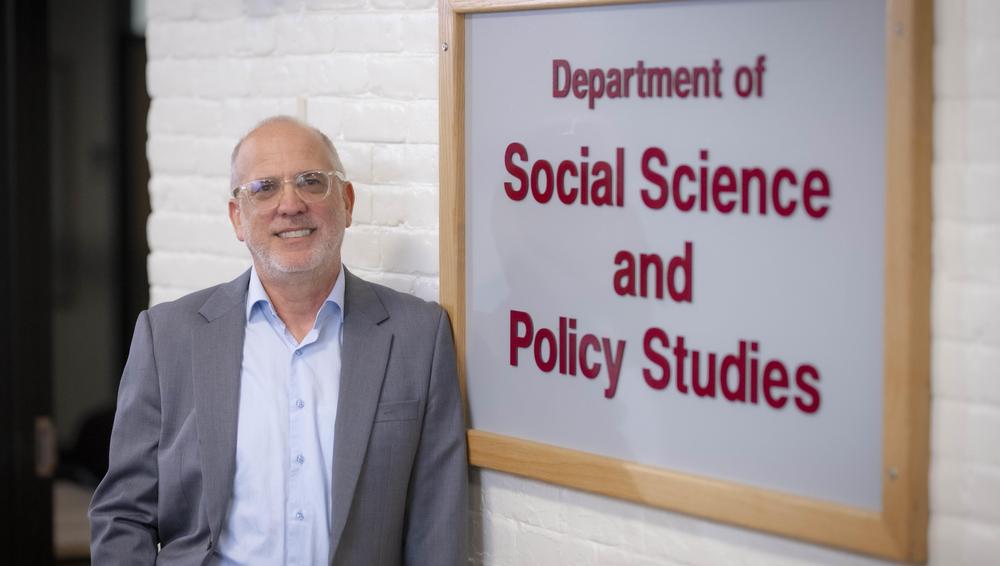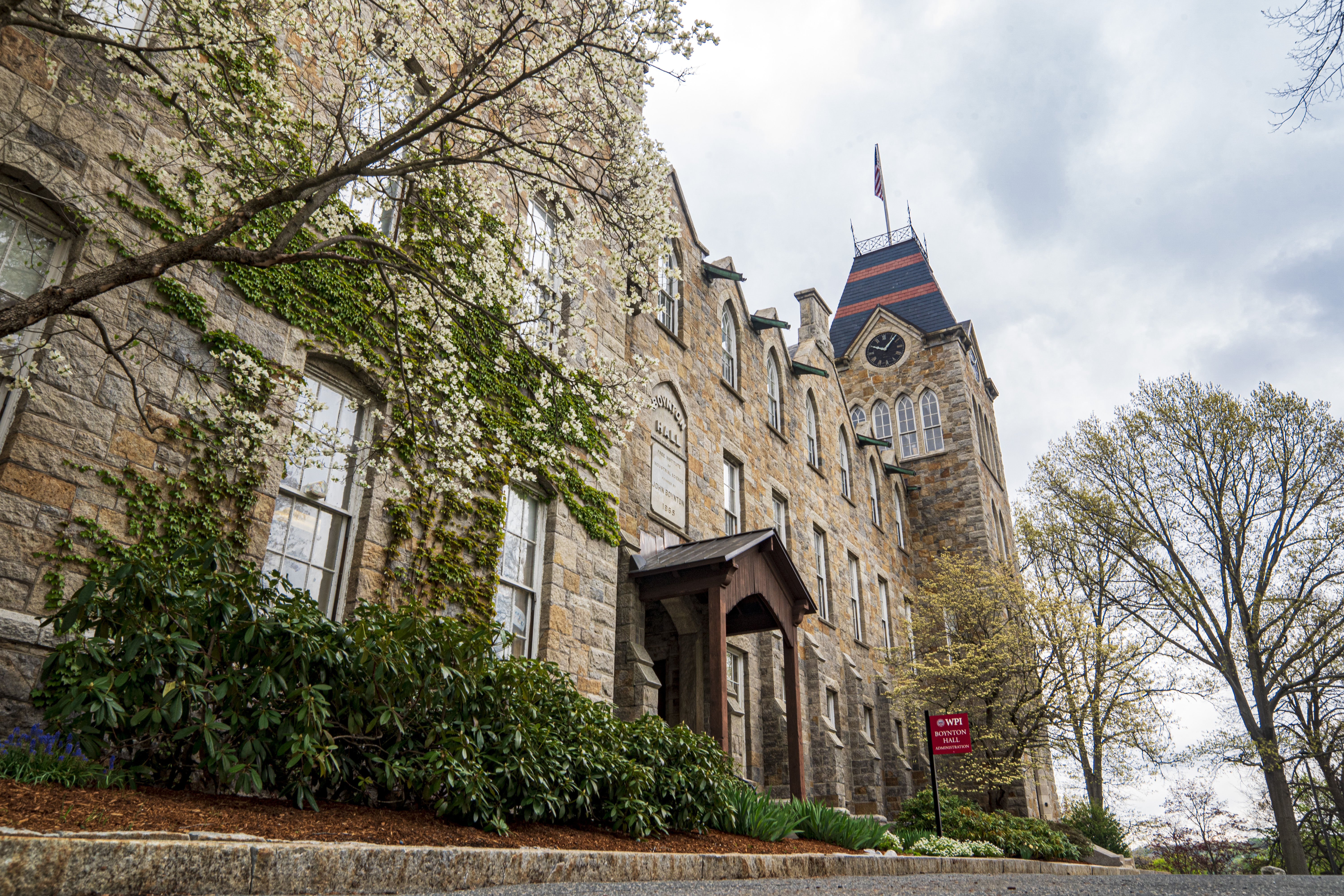Robert Krueger, professor of geography at Worcester Polytechnic Institute (WPI), will deliver the keynote address at "Sustainable Development: Where Are We Now?" an international conference to be held on June 5 and 6 in Luxembourg. Krueger will address his work on the institutional politics of implementing sustainable development.
Krueger, an international authority on sustainable development, will be the sole American participating in the conference, which will be attended by academics, policy makers, and planners from around Europe. Also attending will be representatives from policy circles in Luxembourg, including the Ministry of Environment.
The conference is part of the SUSTAINLUX project, which "intends to illuminate problems and conceptual issues concerning urban regions and urban space, and to take a critical look behind governance, and normative orientations in policy making such as sustainable development," according to the project summary. The project is funded by the Fonds National de la Recherche (FNR) and carried out at the University of Luxembourg’s Laboratoire de Géographie et Aménagement du Territoire (Department of Geography and Spatial Planning).
"There are two goals to the conference: one, to bring academics from around the region to discuss sustainability, and two, to have them share their experiences with the Luxembourgers," said Krueger, who is director of WPI’s Environmental and Sustainability Studies Program and Worcester Community Project Center (WCPC), and co-director of WPI’s project center in London
Last fall, Krueger traveled to the University of Luxembourg to lead a successful workshop on sustainability research. As a result, the university offered him a four-month research fellowship to assess the country’s sustainability-planning policies; that fellowship morphed into the June conference.
Sustainable development is an emerging field that connects economic development with long-term environmental responsibility and a commitment to social justice. Krueger has championed this locally through the WCPC by focusing student projects to meet Greater Worcester’s needs and concerns, such as public education, youth and social services, community development, environmental justice, affordable housing, and economic development. The center’s priorities include working with community partners to develop and train students for "green collar" jobs in Worcester, to incorporate an ecological service perspective in the city’s development decisions, and to support the development of affordable housing. Under Krueger’s nine-year leadership, the center has organized and hosted two major workshops on sustainable development for cities and regions.
City organizations have praised Krueger for his visionary leadership. In 2008 he received the William Meinhofer Award for Faculty Excellence from the Worcester UniverCity Partnership. And in 2007 the Colleges of Worcester Consortium presented Krueger and the project center with the inaugural George I. Alden Award for campus-based educational excellence. That year, Krueger was also honored with WPI’s Romeo L. Moruzzi Young Faculty Award for Innovation in Undergraduate Education. Krueger’s book, The Sustainable Development Paradox: Urban Political Economy in the United States and Europe, co-edited with David Gibbs of the University of Hull, England, brings together international scholars to examine issues critical to conceptualizing and delivering sustainable development.
Krueger’s work examines urban and regional sustainability planning and practice. "I have done comparative policy analysis between the United States and the United Kingdom, and will now look at Luxembourg," he said. "My research focuses on who wins and who loses in these sustainable developments—do they provide benefits to everyone?" This work is important, Krueger said, because sustainability efforts tend to be discussed but not put into practice. When they are, the focus tends to rest on the environment and the economy, but not social equity.
"I am working on a study of sustainable development projects around the United States," he said, "and it seems that the economically disadvantaged are made more vulnerable by these developments. In Luxembourg, there has been strong rhetoric around sustainability the past few years, especially in terms of planning. The government wants to align environmental concerns with economics and social ones. Our job in Luxembourg is to assess how well they are achieving those three goals, and how the institutional alignment figures into promoting the outcomes."


